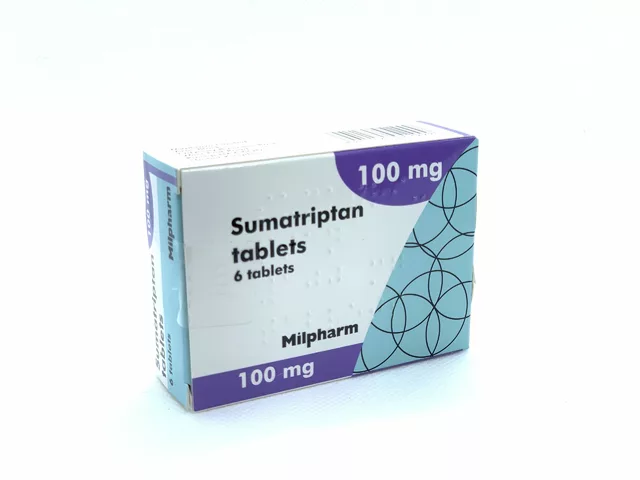Prelone alternatives: what to use instead and when
If your doctor suggested switching from Prelone (oral prednisolone) or you're looking for other options, this page breaks down practical choices and what to ask before you change treatment. Prelone is a liquid prednisolone often used for kids and people who need a syrup. Alternatives fall into two groups: other corticosteroids and non-steroid treatments that might work for your problem.
Other corticosteroids you’ll see
These drugs work like prednisolone but differ in strength, how long they act, and available forms.
Prednisone — Very similar to prednisolone. Most adults take prednisone tablets. For many conditions 5 mg prednisolone ≈ 5 mg prednisone, so swapping is straightforward for a prescriber.
Methylprednisolone (Medrol) — Slightly stronger by weight (4 mg methylprednisolone ≈ 5 mg prednisolone). Often used as tablets or short injectable courses. Useful when a doctor wants a quick, reliable dose.
Dexamethasone — Much stronger per mg and longer acting (0.75 mg dex ≈ 5 mg prednisolone). Good for single-dose use (eg, certain severe allergic reactions) or when a long effect is needed. Not ideal for routine daily use without specialist advice.
Hydrocortisone — Weaker steroid usually used for topical skin problems or adrenal replacement. Not a direct substitute for systemic anti-inflammatory needs unless prescribed specifically.
Non-steroid and targeted options
If steroids cause side effects or aren’t the best fit, these options may apply depending on the condition.
Topical or inhaled steroids — For skin rashes, eczema or asthma, using a topical cream or inhaler (fluticasone, budesonide, beclomethasone) targets the problem and cuts systemic side effects.
NSAIDs and antihistamines — For mild inflammatory pain or allergic symptoms, ibuprofen, naproxen or cetirizine can sometimes replace a steroid short-term. They don’t work for severe inflammatory disease or some autoimmune problems.
Biologics and disease-modifying drugs — For chronic conditions like severe asthma, eczema, or autoimmune disease, drugs such as omalizumab or dupilumab may let patients avoid long-term steroids. These need a specialist and insurance approval.
Liquid or compounded forms — If swallowing tablets is the issue, ask your pharmacist about prednisolone syrup (Prelone) equivalents or safely compounded liquids of other steroids. Never use home-mixed solutions without pharmacist guidance.
Quick practical tips: always discuss dose equivalence with your prescriber (there’s a standard steroid conversion table), taper under supervision if you’ve used steroids for more than 10–14 days, watch for side effects like sleep changes, high blood sugar, weight gain or infections, and tell your doctor about other meds you take.
If you want help deciding which option suits your condition, talk to your clinician or pharmacist. RXMedicin has guides on related meds and safe buying tips if you need drug information or help comparing options.
 4 March 2025
4 March 2025
6 Effective Alternatives to Prelone in 2025
Navigating the world of corticosteroids can be challenging, especially since Prelone has been discontinued. In 2025, several alternatives stand out, like Orapred, Triamcinolone, Ciclesonide, Budesonide, Fluticasone, and Methylprednisolone. Each offers distinct benefits and drawbacks, helping patients and doctors make informed treatment decisions based on individual health needs. This article explores these options in detail, assisting readers in understanding their choices.
Latest Posts
-

Alfacalcidol and Skin Health: What You Need to Know
-

Schizophrenia and Tech: Top Apps & Online Resources That Help
-

How to Store Sumatriptan: Tips for Keeping Your Medication Safe and Effective
-

Nitroglycerin Environmental Impact: Tips to Reduce Harmful Effects
-

Cheap Generic Tetracycline Online - Safe Ways to Save on Antibiotics

15